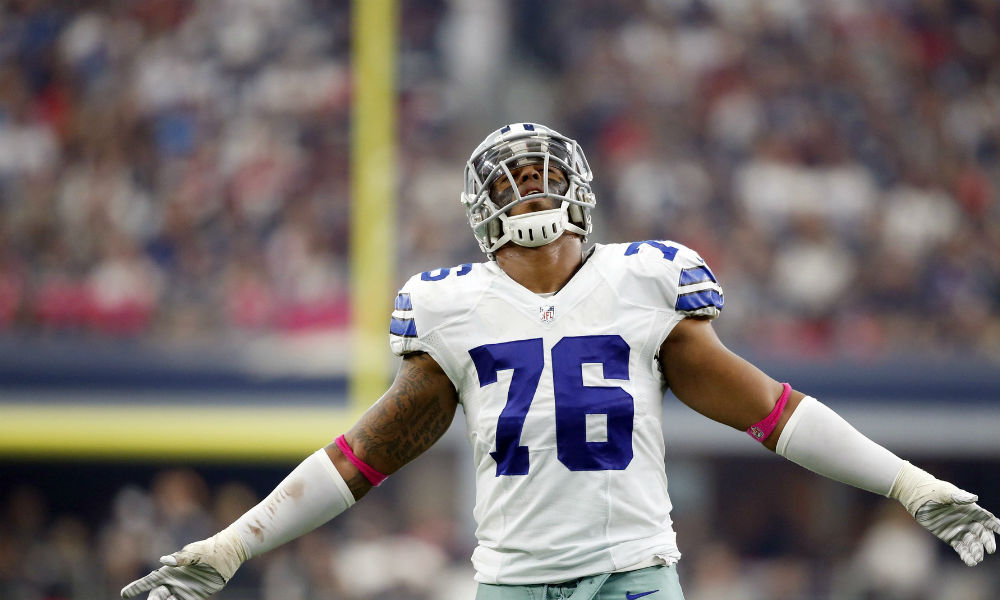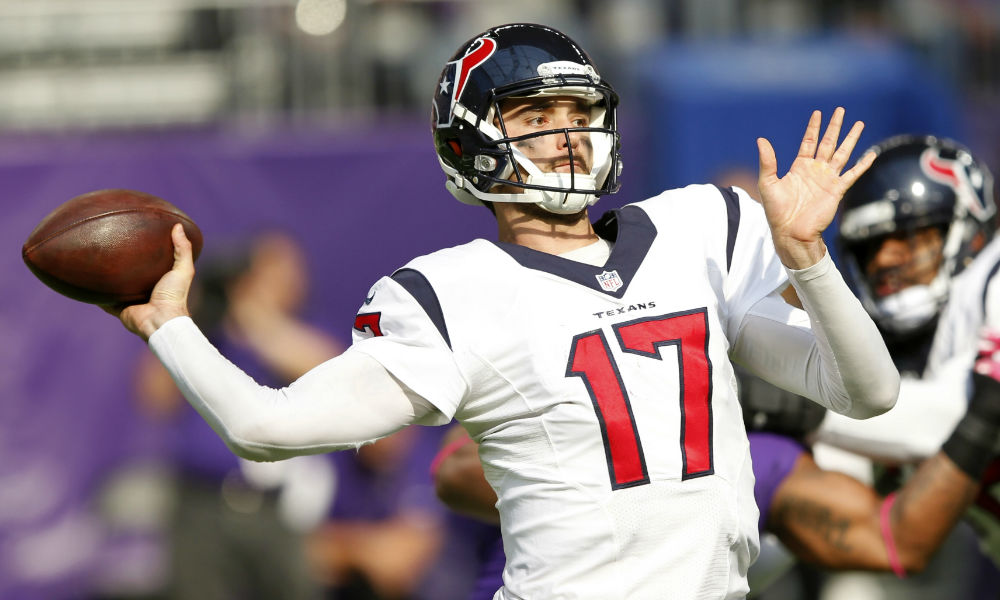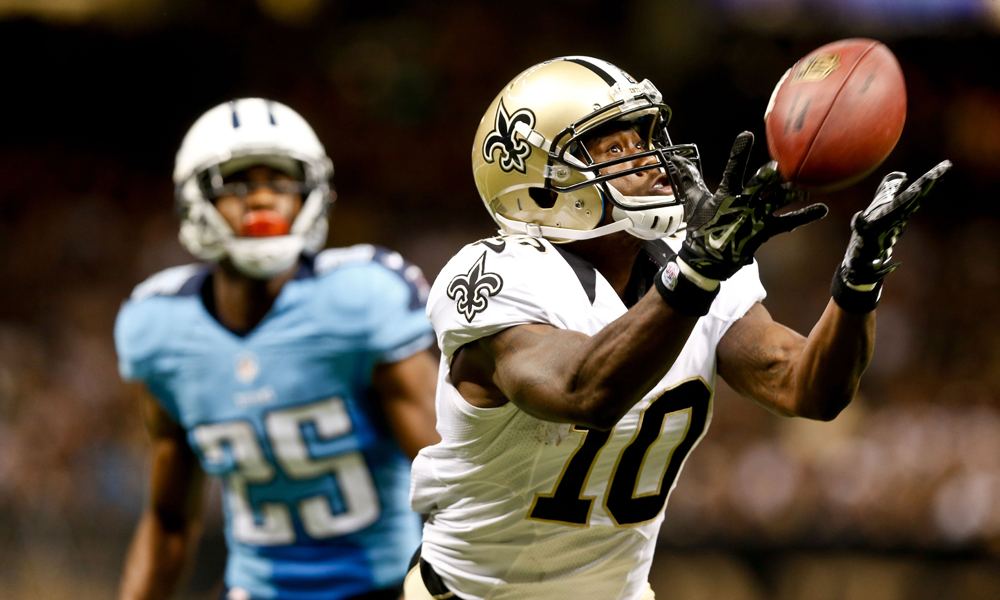News
SB XLIX: Carroll explains Seahawks’ final play
While the New England Patriots celebrated the stellar game-sealing interception by rookie Malcolm Butler in the final seconds of Super Bowl XLIX on Sunday, Seattle Seahawks coach Pete Carroll was left to explain his decision on the fateful play.
With his team trailing 28-24 with under a minute left and one timeout remaining, Carroll eschewed running Marshawn Lynch — who had just run four yards to the 1-yard line — in favor of a pass on second down.
After the game, Carroll said he did not like the idea of running Lynch against New England’s goal-line defense, with three wide receivers in the game for Seattle.
“It’s not the right matchup for us to run the football,” he said, “so on second down we throw the ball really to kind of waste that play. If we don’t (score), then we’ll run it in on third and fourth down. Really, with no second thoughts or no hesitation in that at all. And unfortunately, with the play that we tried to execute, the guy makes a great play and jumps in front of the route and makes an incredible play that nobody would ever think he could do. And unfortunately that changes the whole outcome.”
On Monday, with many still wondering about the call, Carroll elaborated on the play some more.
“I was really so confident that we were going to get it done that to go ahead and make the call that we made was just part of the sequence,” he said. “We had a very clear thought about what was going on. It’s really easy. If we run the ball, we might run it in and score. If we throw the ball, we might catch a touchdown pass and score right there as well.
“We were very confident in the sequence and we were going to use every play. The idea is to always have all your plays available and not run the clock out and there’s another down left, and so we had that organized to do that.”
He also said he never calls a play thinking something negative is going to happen.
“I don’t ever coach these guys at one time to thinking that they’re going to throw an interception, thinking that we’re going to fumble the ball or thinking that (the opponent is) going to do something, catch the ball and take it back for a touchdown. I don’t ever think that.”
After the game, Carroll told the players it was his fault: “There’s really nobody to blame but me, and I told them that clearly. And I don’t want them to think anything other than that.”
On Monday, he defended his decision: “It’s because we believe that it’s going to work. We’re believe that things are going to happen. Why do you call the fake field goal (against the Green Bay Packers in the NFC title game)? Because we believed that it was going to go and that it was going to work.
“So, that’s maybe difficult on the outside to understand that, but that’s how we go. So there was a not a thought in my mind that we would make a mistake on that play. And really, the mistake was a tremendous play by the guy on the other side. He made just an unbelievable decision and choice to make a play that changed a game and that won them their championship.”
Carroll also defended offensive coordinator Darrell Bevell, who came under fire for the pass play called.
“First off, Darrell is an incredible play caller. He has done a fantastic job,” Carroll said. “Look what he did again: Put us right down there to get it done. We’re so lucky to have him. He’s been absolutely instrumental in everything that we have done. There is no reservation in that thought and don’t make it out like there is because he is an awesome guy on our staff and he is crucially important to our future as well.”
Carroll said they had previously planned to send in three receivers.
“We weren’t quite sure how close it was,” he said. “We were going with the next personnel, which was three wide receivers in the game, and we had thought about throwing the ball there. That was part of the reason we sent that group in. We easily could have gone otherwise; but, when they sent their goal-line guys in, I know that we have the advantage on the matchups in the passing game, so let’s throw it.
“One of those downs we were likely to throw the ball. Maybe two of those downs we would have thrown the ball, depending on how we had to save the clock. We had to get all of our plays. It wasn’t about ‘just run the ball.’ That wasn’t what the thought was.”
News
Buccaneers admit mistake, boot Aguayo
Source: Mike Florio of ProFootballTalk
Powered by WPeMatico
News
Did Bucs put too much pressure on Aguayo?
Source: Mike Florio of ProFootballTalk
Powered by WPeMatico
News
Broncos holding their breath on Derek Wolfe
Source: Mike Florio of ProFootballTalk
Powered by WPeMatico




